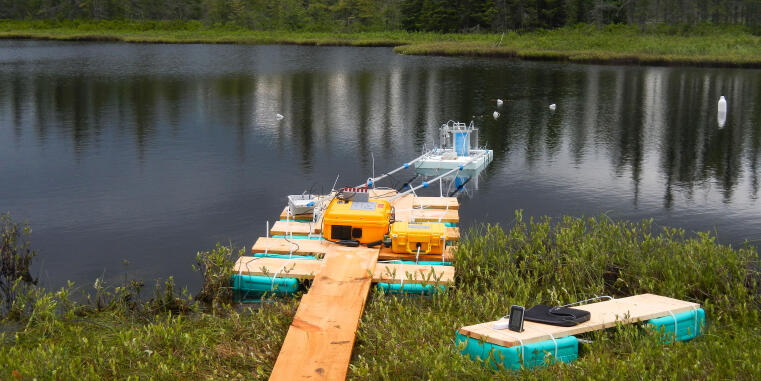
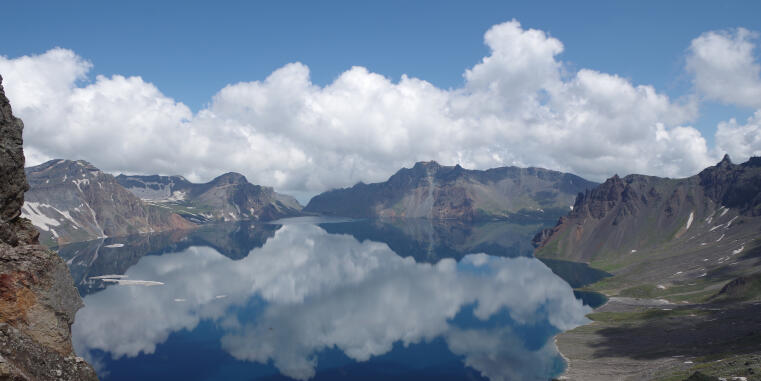
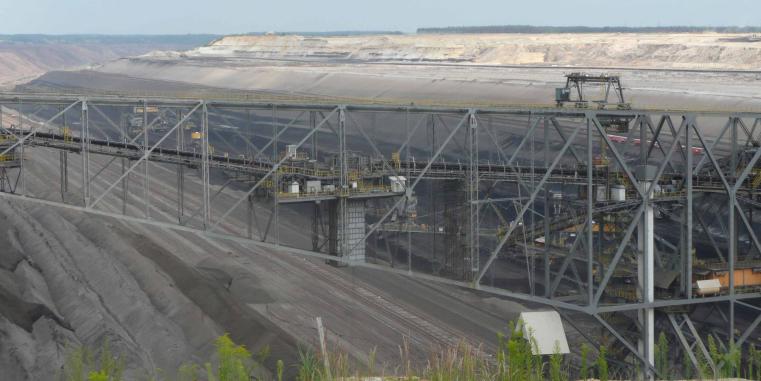
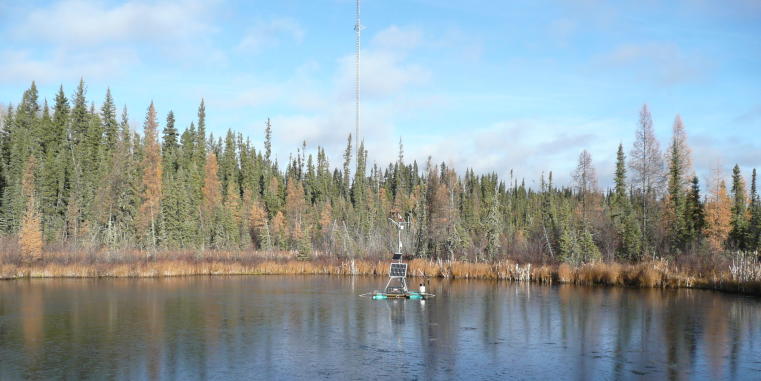
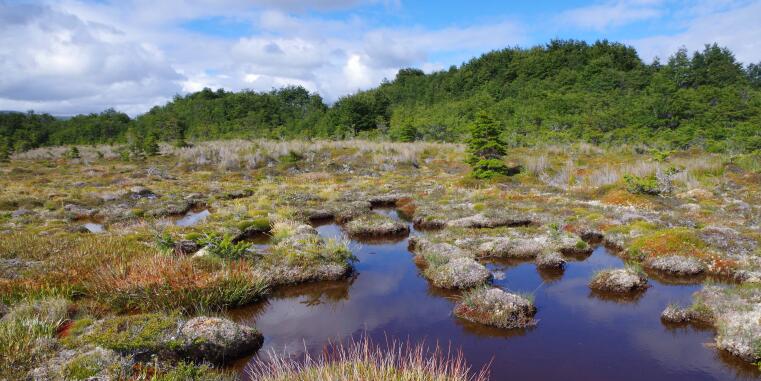





The research group focuses on interactions between hydrological processes and elemental cycling and transformations in wetlands and surface waters. To this end we quantify elemental fluxes and identify and characterize biogeochemical and geochemical processes with chemical-analytical techniques. Mathematical Simulation models and statistical tools are applied in a supportive way to characterize system dynamics and to analyze the interaction of physical, chemical and biological processes. The derived knowledge is used to elucidate the effect of environmental change on wetlands and surface waters on different spatial and temporal scales.
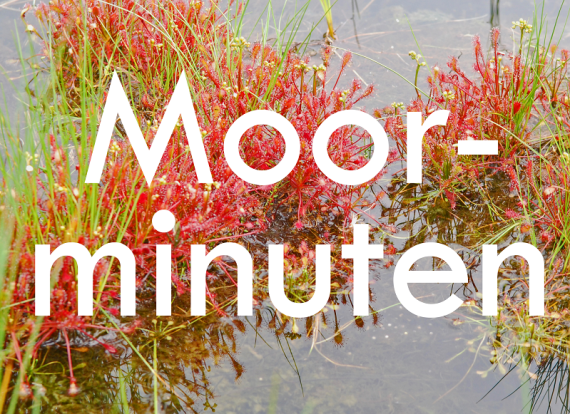
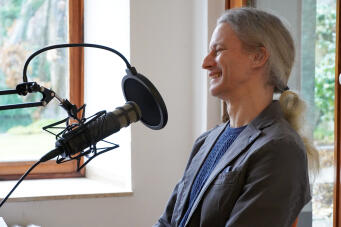
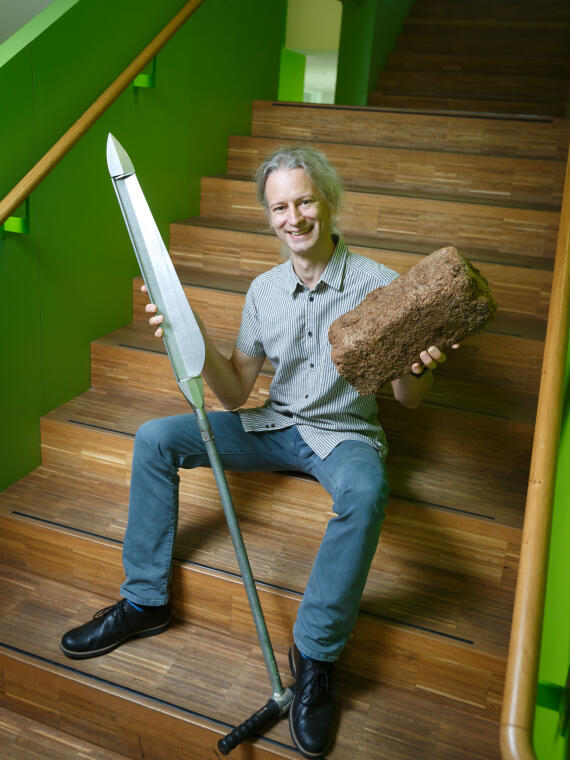
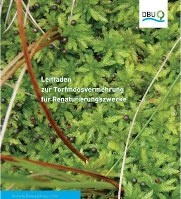
Hummock peat mosses are of great importance for the functioning of bog ecosystems. Research on restoration success showed that hummock peat mosses often do not establish even after more than 30 years of successful rewetting. The reason for this is obviously dispersal limitation as a result of man-made habitat fragmentation, as well as a generally minor importance of the generative propagation in hummock peat mosses.
In a joint project with the Stiftung Lebensraum Moor and the substrate manufacturer Gramoflor GmbH & Co. KG, the Institute of Landscape Ecology has produced a manual for the propagation of hummock peat mosses for restoration purposes [de] (in German) as a guideline for restoration. In this project, funded by the German Federal Environment Foundation (DBU), various propagation methods were tested on irrigated greenhouse tables as well as in field trials. Results of this research have now been published in a manual written by Norbert Hölzel, Till Kleinebecker, Klaus-Holger Knorr, Peter Raabe and Gabriela Gramann. This manual is addressed to stakeholders and practitioners in conservation and bog restoration.
Related Links:
Stiftung Lebensraum Moor [de]